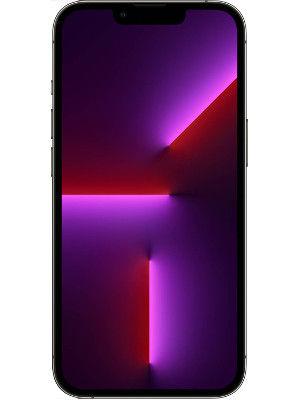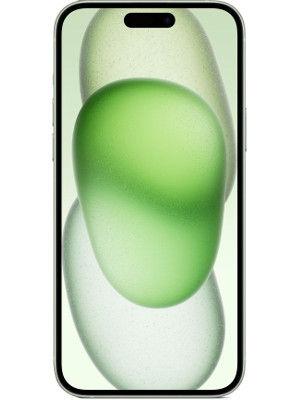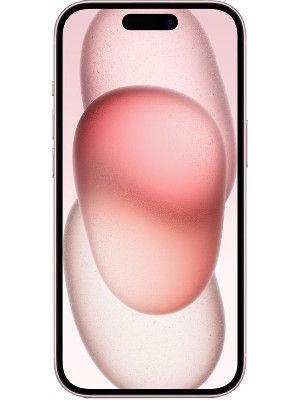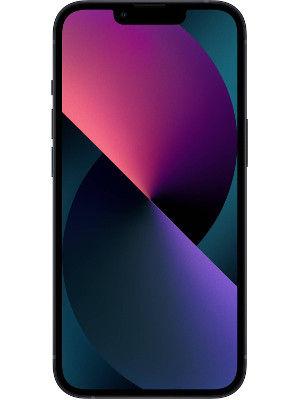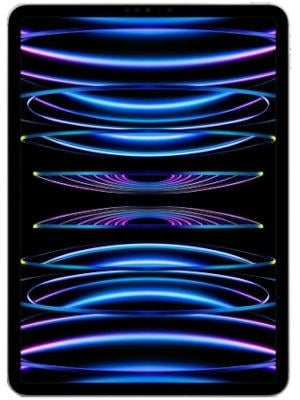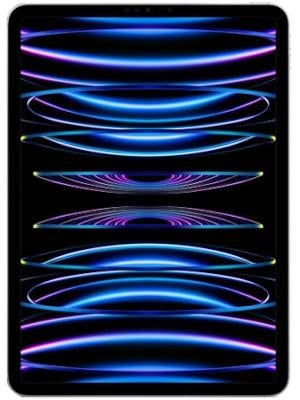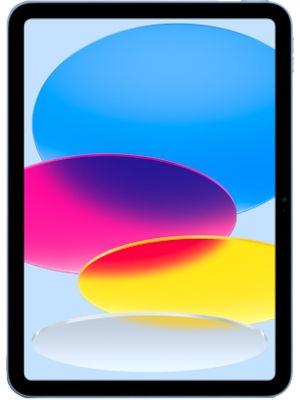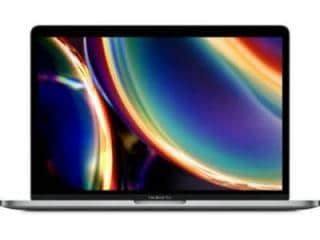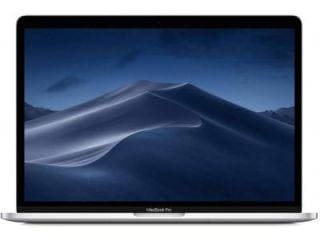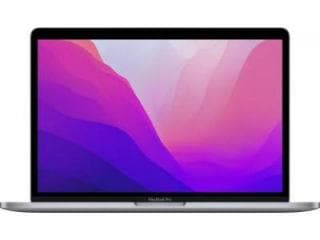Apple iOS 13 update rolls out for iPhones: iPadOS, iOS 13.1 to release on September 24
Apple’s iOS 13 software update comes with various privacy features such as Sign in with Apple and better location control. Here’s everything you need to know about the new update.
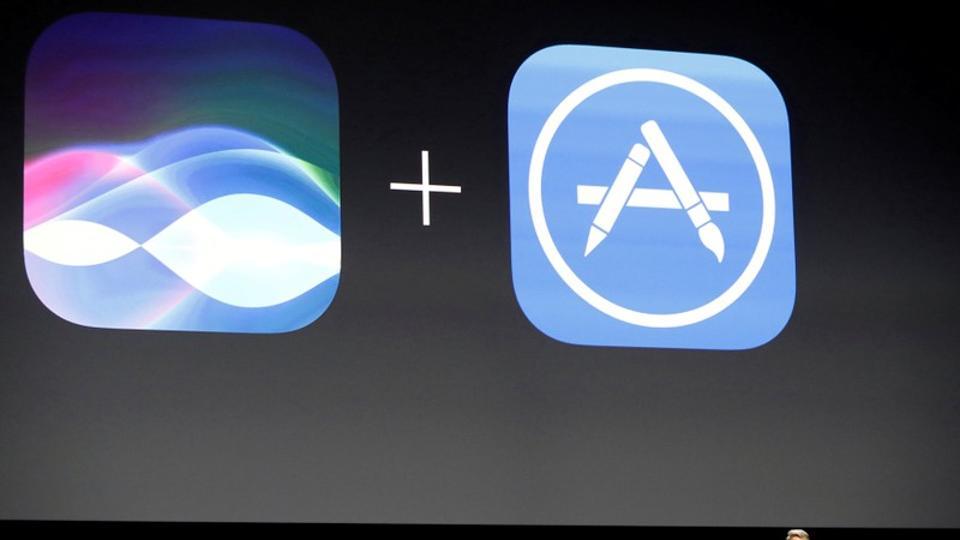
Apple said it is moving up the release date of its iPadOS update and additional iPhone software features to September 24 from September 30.
Apple pushed out the first version of its iOS 13 iPhone operating system on Thursday, but it lacks the iPad counterpart as well as some key features that Apple earlier said would be included.
The latest iPhones go on sale Friday running iOS 13, but some consumers testing early versions of the software found bugs that affected the user experience. These issues were due to be fixed at the end of September, but will now be addressed via the September 24 update.
iPadOS brings a dark mode, an improved file-management app, new web browser and updated Home screen, while iOS 13.1 will update the Shortcuts app and add the ability to share your estimated time of arrival in Maps.
Apple iOS 13 Top features
Apple's iOS 13 software update comes with plenty of privacy enhancements — but in some cases, only if you take the time to understand how they work.
Among the changes: You'll be able to sign in to third-party services with your Apple ID account rather than Facebook's or Google's. You'll also get more notices and warnings about apps tapping location data.
The free update is available for existing iPhones on Thursday and will come with new iPhone 11 models out Friday.
Here's how to navigate the new privacy features and make the most of them.
APPLE SIGN-IN
Google and Facebook have long made it easy to sign into third-party services without having to create new accounts — and new passwords to remember. Trouble is, by leaning on those companies, you're also opening the door for them to collect more data about you. You may find that disheartening given numerous privacy lapses , especially involving Facebook.
Apple is offering an alternative. The company doesn't have the same need to collect data, as it doesn't count on profits from data-driven targeted ads the way Google and Facebook do. Apple promises it won't track you when you use "Sign in with Apple."
One attractive feature is the ability to mask your real email address. Apple can give you a new, unique email for every service you use, and will automatically forward messages to your own email account. You can reduce junk mail by disabling forwarding from specific companies, while still using that Apple email to sign in. Apple says it won't snoop on messages.
Apps that offer an outside sign-in system, such as Facebook's, must also include Apple's to be on iPhones. But Apple's system is limited to sharing your name and email address. If the app needs more information, you'll have to provide that on your own — or fall back on Facebook or Google anyway.
But don't stray from Apple's garden. You'll need to sign in through a web browser if you use the service on Android, Windows or other non-Apple devices. That eliminates much of the convenience.
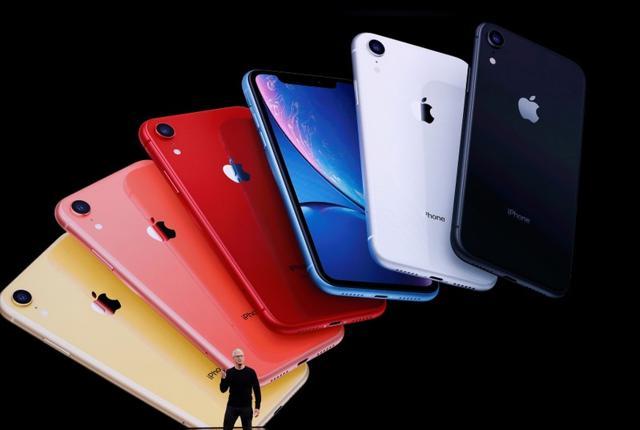

LOCATION, LOCATION, LOCATION
Maps, ride-hailing and many other apps need your location data to work. But does your drug store or coffee shop really need to know where you are and where you've been?
Previously, Apple gave you just a few choices on the matter. You could share your location continuously with an app, provide it only when you were using the app, or deny the app access to any location information. (The last choice breaks many apps, and it can be a challenge to turn location back on if you change your mind.)
Now Apple will let you grant location permission temporarily. If you close the app or restart the phone, you'll have to grant permission again. You can keep doing that until you're more comfortable with the app and its use of location, at which time you can make permission permanent.
But permanent doesn't mean sharing while the app is in the background. After you've used an app for a while, the phone will prompt you with details on where and how many times it has tapped your location. Only then can you grant "always allow" access. You can also take it back if you've given it before. The idea is to arm you with more information before deciding.
Unfortunately, there's no "reject once" option to see how well an app works without location. Once you reject it, you'll have to go into settings to turn location back on.
WATCH: Apple's new iPhone 11 series unveiled
LOCATION, THE SNEAKY WAY
Even if you've denied location access, apps might be able to infer it through Bluetooth connections. A retail store, for instance, might have Bluetooth beacon trackers to detect people who have its app installed. Now, apps must specially ask for that permission. (There are exceptions when a music app, for instance, wants to stream to headphones you've already paired with the phone.)
Apps that have been updated for iOS 13 must tell you specifically why they need Bluetooth. Citi's app, for instance, says it's to enable after-hours entry to ATM lobbies without pulling out your card. You're left guessing with older apps. If you're not sure, just say "no."
Apple is also clamping down on apps' ability to infer your location by identifying nearby Wi-Fi networks, which can be matched to location databases. Apps that want that information must already have location permission from you or meet Apple's criteria for needing that information. This won't affect your ability to use apps over Wi-Fi, as that's set up through your phone, not the app.
PHOTOS
When sharing photos through the Photos app, you can now remove embedded location information by tapping on the small "Options" link at the top of the screen. Location is shared by default, and you need to turn it off each time.
You can disable the camera's ability to embed location information to begin with. To do that, go to "Privacy" in the phone's settings, then "Location Services," ''Camera" and finally the "Never" option. This feature exists in earlier versions of iOS as well.
REDUCING ROBOCALLS
A new setting lets you silence unknown callers. You'll still hear from numbers you've recently called or ones stored in your contacts, as well as from numbers the digital assistant Siri finds in other apps, such as within your emails. But the iPhone will assume everything else is spam and send it straight to voice mail.
This option is off by default; you need to turn it on under "Phone" in the settings. Apple will also suggest the option when you look through your recent and missed calls.
(With inputs from AP)
Catch all the Latest Tech News, Mobile News, Laptop News, Gaming news, Wearables News , How To News, also keep up with us on Whatsapp channel,Twitter, Facebook, Google News, and Instagram. For our latest videos, subscribe to our YouTube channel.

